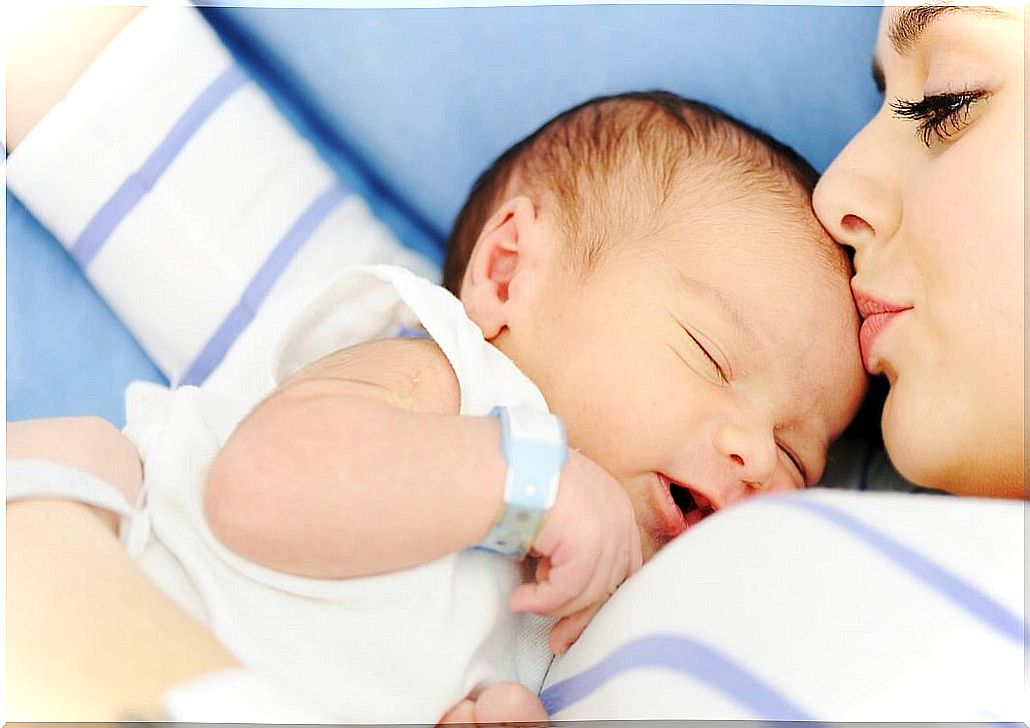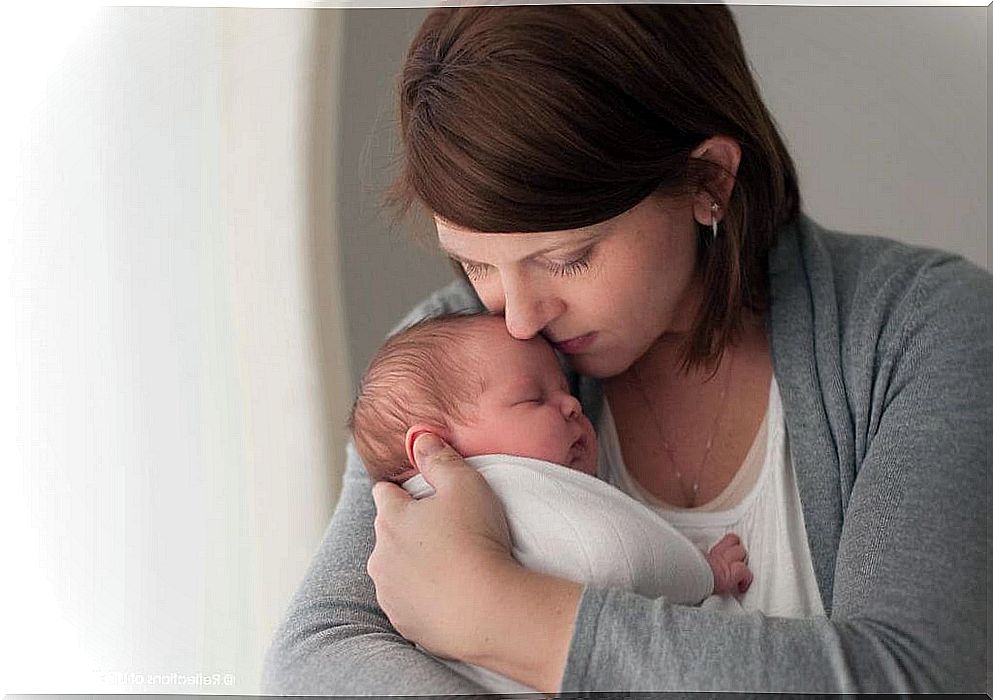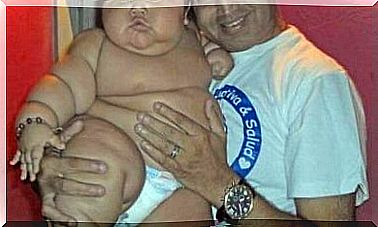Maternity Leave Is Still Undervalued

Maternity leave is still not highly valued by society and social organizations. The body needs more time to recover, we also need the closeness of our baby and our partner to be able to create a solid first bond in that family that has just been created.
If there is something that is curious even today with all the medical advances and of our social classes, it is the scarce sensitivity that exists around motherhood, postpartum and family conciliation. In the XXI century, there are many countries that are light years away from achieving that adequate harmony between work and children.
There are countries, such as Liechtenstein, where maternity leave goes a little beyond quarantine: 56 days. Parents, for their part, lack any permission. On the opposite side and as we can already imagine, there are the Nordic countries, and specifically Sweden. . Here being a mother is a blessing because the loss is in 480 days, that is, 16 months. While parents have about 60 days.
In the latter case and with this type of social policy, forming a family is undoubtedly something simpler and more motivating by having the real support of an environment where the newborn is valued and the great importance that exists in those first months is understood life of the child, and their relationship with parents.
However, the rest of the world and especially those moms who must return to work as soon as possible, see that moment when they must separate from their baby as something often traumatic in several aspects. The first is the physical separation of the child for a few hours.
The second is having to fit schedules with grandparents, nurseries or other types of assistance that guarantee that the children will be well cared for and cared for. It is not something easy for anyone, and it is a subject that undoubtedly hides many nuances on which it is worth reflecting.
Moms of before and moms of now

Times change, responsibilities are different and also our aspirations. We must not go far back in memory to remember those moms that after giving birth, they were gradually reincorporating to the obligations of the home at their own pace, being able to carry a more harmonious and respectful postpartum.
- Today, everything is more hasty. Today the woman is a mother, runs a home and also has a professional projection and that job to which she must return in a few weeks.
- If we add to this, for example, having undergone a cesarean section or that the puerperium is more delicate than we thought, it undoubtedly makes returning to work not exactly easy.
It takes a woman’s body a year to recover. Maternity leave is very short!
This information is important: the woman’s body after childbirth takes between 9 and 12 months to return to its usual shape and state.
Both the abdominal area with the uterus, the pelvic floor and even the circulatory system will need several months to adjust, to reduce swelling, blood volume and all that metabolism that needs attention, rehabilitation and rest.
Having to return to work after 16 weeks, for example, is premature in many cases.
Time alone with the baby, time to get my body back

Postpartum is perhaps the most important time for a woman and her child. Above all, you need adequate intimacy, silence, that calm where to establish a bond, to feel each other skin to skin, to promote adequate breastfeeding, to enjoy the couple in that family union where to create a same strong and stable entity.
The fact of returning to work after the quarantine, means breaking part of that magic. It also supposes not having adapted yet to that still wounded, swollen and strange body that does not seem to belong to us.
I return to work soon and I am not “a bad mother”

This is another very complex issue that many mothers face: the need to return to the world of work as soon as possible.
- The fact that she has to do it, that she has to return to work as soon as possible does not mean “that she does not want” to be with the newborn. Many times it implies an economic need or the mere obligation to return to a position where their work is essential.
This fact is something difficult for many to understand, but it is a common reality faced by many women trying to fit schedules and “starting” time from where they cannot so that everything goes well and so that the first and most important thing is Say your child, grow in well-being and happiness.
It is clear that we all would like to have those social policies that are available in countries like Sweden or Norway, but each family, each mother and each father struggles every day with all their resources, possibilities and efforts to give the best to that new life.
Something that you, without a doubt, are already achieving.









